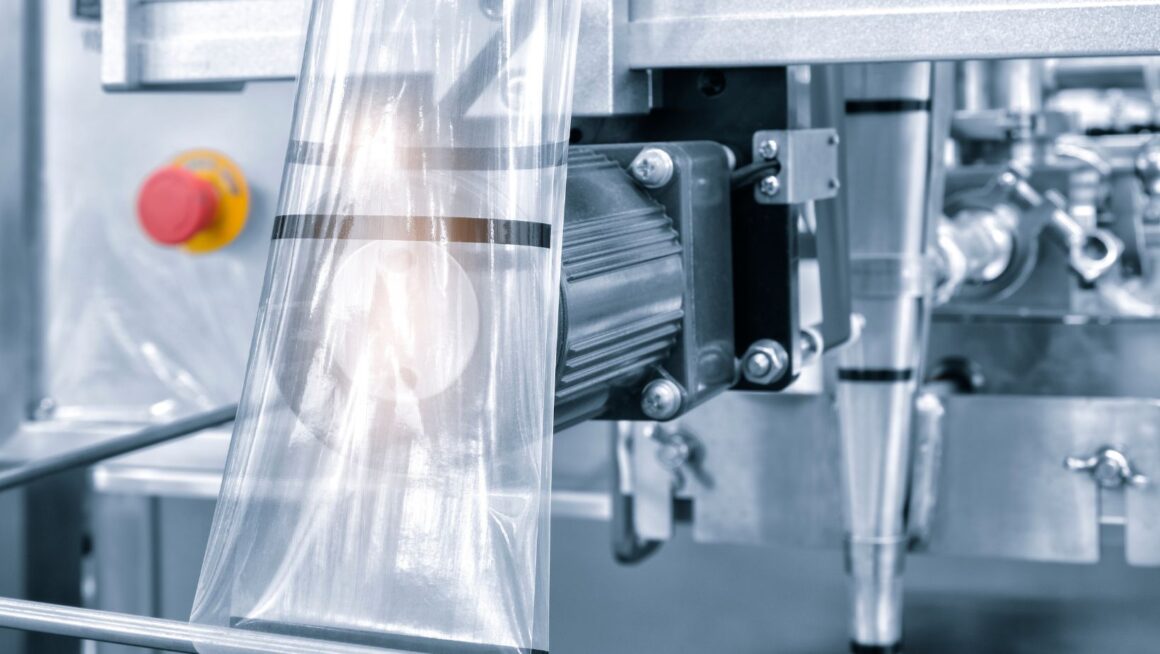In today’s fast-paced world, businesses are under constant pressure to improve efficiency while reducing waste. For industries that rely on packaging, this challenge is particularly significant. Manual processes often lead to inconsistencies, higher material usage, and production delays, making it harder to meet these demands.
Automation in packaging machinery offers a game-changing solution. From improving precision to cutting down downtime, automated systems help businesses achieve their goals without compromising on quality or sustainability. This article explores how advanced machinery like Lantech case erectors, case sealers, and pallet wrappers play a pivotal role in reducing waste and boosting production.
Table of Contents
ToggleThe Role of Automation in Tape or Hotmelt Packaging
Automation has revolutionised the way packaging is handled by replacing repetitive, labour-intensive tasks with faster, more accurate machinery. Lantech case erectors assemble boxes efficiently, ensuring consistency with every package. Case sealers apply adhesives uniformly to secure packages, while pallet wrappers stabilise loads for safe transport.
By integrating these systems, businesses can enhance productivity and quality control while reducing reliance on manual processes that are prone to errors. Automation offers a scalable solution that meets high production demands without compromising on quality or efficiency.
Minimising Material Waste Through Precision
In traditional, manually operated packaging lines, inconsistent application of materials—such as tape and stretch film can lead to significant waste. Automated systems address this by applying materials with precision, ensuring minimal wastage.
Lantech pallet wrappers, for instance, optimise the use of stretch film, delivering a consistent and secure wrap that prevents whilst maintaining load stability. Similarly, case erectors and sealers dispense tape or adhesives precisely, cutting down on excess while maintaining package integrity. These improvements not only save costs but also align with sustainability goals by reducing the environmental impact of packaging processes.
Boosting Production Efficiency and Reducing Downtime
Production lines benefit immensely from the speed and reliability of automated systems. Machines like Lantech case erectors and sealers operate at high speeds, maintaining consistent output.

Modern automation also reduces downtime. Equipped with advanced diagnostics, these systems help operators identify and address potential issues before they escalate. This combination of speed and reliability allows businesses to meet tight deadlines, maintain smooth workflows, and handle higher production volumes with ease.
Reducing Labour Requirements and Allowing Reallocation of Workforce
Automation reduces the burden on human labour by taking over time-consuming and repetitive tasks. Tasks such as erecting cases or wrapping pallets can be completed more efficiently by machines, freeing employees to focus on strategic activities like quality control, logistics, or customer engagement.
While the upfront investment in automation might seem significant, the long-term savings in labour can far outweigh the costs. By reallocating labour, businesses can improve overall productivity and focus their workforce on higher-value tasks. This shift not only boosts operational efficiency but also enables companies to scale operations without proportionately increasing staffing costs.
Improving Load Stability and Reducing Product Damage
Secure packaging is essential for protecting goods during transit. Automated systems enhance load stability by applying materials like stretch film uniformly, reducing the risk of product damage.
Lantech pallet wrappers ensure that loads remain tightly secured, preventing shifts or breakage. These measures help businesses avoid costly returns and maintain customer trust by delivering products in pristine condition.
Enhancing Sustainability Through Reduced Energy Consumption and Material Waste
Sustainability is a growing concern for businesses and consumers alike. Automated packaging systems contribute by using materials more efficiently.

Lantech machinery, for example, ensures precise application of materials, which reduces waste and supports eco-friendly practices. By investing in automation, businesses can achieve their environmental targets while benefiting financially from more efficient processes.
Wrapping It All Up: The Future of Packaging Efficiency and Sustainability
Automation in packaging is no longer a luxury; it’s a necessity for businesses aiming to remain competitive and sustainable. Advanced packaging machinery optimises packaging processes by reducing waste, improving efficiency, and securing loads effectively.
Beyond operational gains, automation empowers businesses to adapt to labour challenges, reduce costs, and align with sustainability goals. By adopting these innovations, companies can set the stage for long-term success and environmental responsibility.
In a fast-changing market, automation offers the tools to meet today’s demands while preparing for the future. Businesses that embrace these solutions are poised to lead the way in efficiency, sustainability, and growth.



